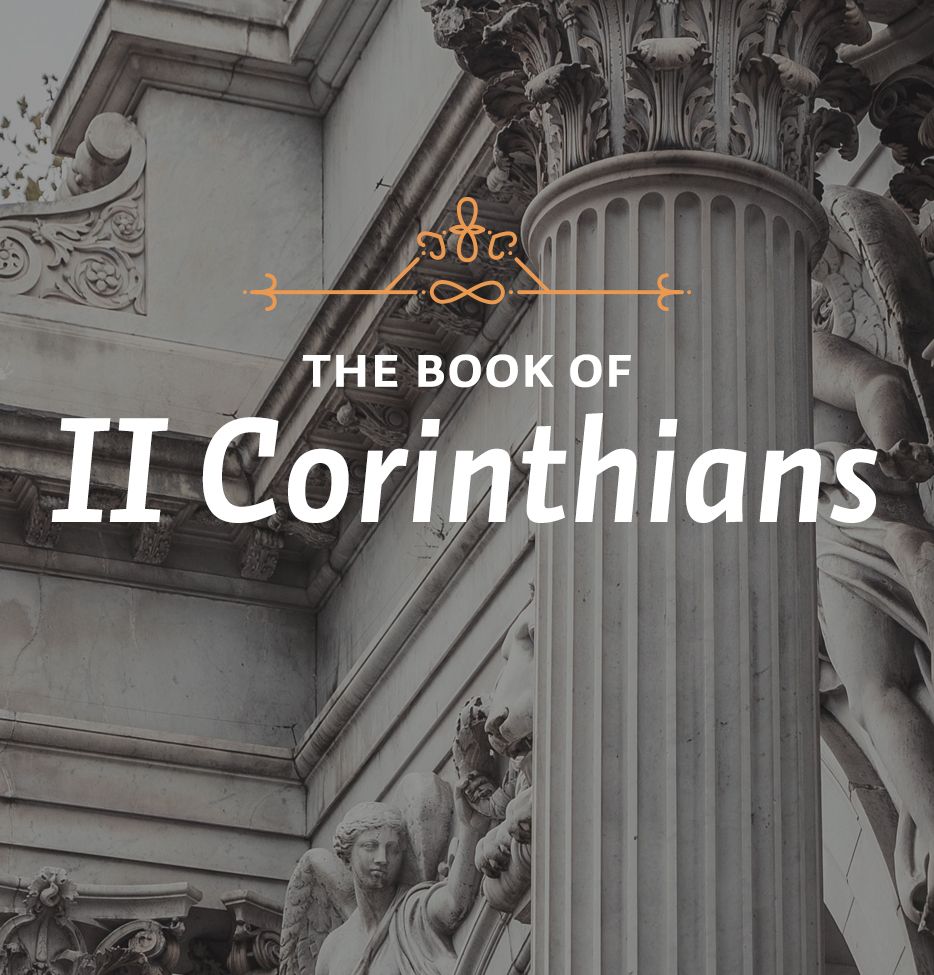Paul, the Bold2 Corinthians 10:1-18Theme: Strength under pressure.This week’s lessons teach us how to handle criticism in a God-honoring way.
LessonThe final principle, the fifth one, comes at the very end of this chapter as Paul says, “But, ‘Let him who boasts boast in the Lord’ ” (2 Cor. 10:17). He does not say so, but he must have had his critics at Corinth in view as he said that, because they were boasting. They were boasting of their authority. They were boasting of their accomplishments. And they were boasting, above all, that they were more impressive and more eloquent than Paul. Well, more impressive perhaps, more eloquent perhaps, but not more effective in the service of God. On the contrary, they were tearing down the very thing that God, through Paul, was building up.
So Paul wrote, “For it is not the one who commends himself who is approved, but the one whom the Lord commends” (2 Cor. 10:18). In other words, if you are going to boast, do not boast that you are better than someone else. Do not boast that you are more eloquent or better looking than your brother or your sister. But let your boasting be in God because everything you have comes from God. If you have a talent, it is from him. If you have an ability, it is from him. If there is success, it is from him. So when you boast, there is a proper boasting. Make your boast in God, and say, “Oh, is it not wonderful what God has done! Is not it exciting what God is doing?” Because when you take that stand and when you make that boast, then God himself is pleased, and he works through you effectively in the lives of other people.
Jesus told a parable about servants who were given talents and who were commended or disproved by their master when he returned. To only one of them did the master say, “Well done, good and faithful servant! You have been faithful with a few things; I will put you in charge of many things. Come and share your master’s happiness!” (Matt. 25:21).
In the final analysis, it is not what other people say about us that counts, even though it may be true. If it is true, then we should learn from it. But what really matters in the final analysis is what God thinks of us. And that should be our constant, daily, hourly, and momentary concern. We need to ask, “Oh, Lord Jesus Christ, am I doing here what is really pleasing you, or am I trying to please myself, or am I reacting to what other people have said, or am I coveting the blessing that you have given someone else? Lord God, I really want to please you. And I want to come before you one day and hear those words spoken to the profitable servant, ‘Well done, well done.’ Give me grace to do that.” If we pray that way, God will give us grace. And we will be properly bold, and gentle, and meek at the same time. And God will bless our efforts.
Study Question
What is the only boasting that reaps benefit?
ReflectionAre you more concerned with what people think about you or about what God thinks?
PrayerPersonalize and pray the prayer that Dr. Boice outlined in today’s lesson.
Key PointWhat really matters in the final analysis is what God thinks of us.






